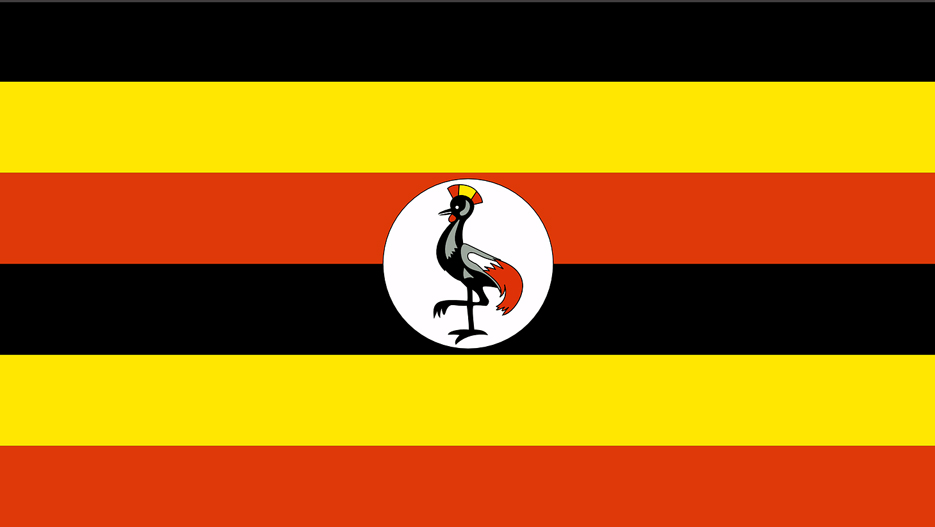Overview of Uganda: Facts and Figures
Uganda is a landlocked country in East-Central Africa. It is bordered to the east by Kenya, to the north by South Sudan, to the west by the Democratic Republic of the Congo, to the south-west by Rwanda, and to the south by Tanzania.

Overview
With a population of over a population of over 42 000 000, Uganda is a landlocked country in East-Central Africa, located in the African Great Lakes region. It is bordered to the east by Kenya, to the north by South Sudan, to the west by the Democratic Republic of the Congo, to the south-west by Rwanda, and to the south by Tanzania. The southern part of the country includes a substantial portion of Lake Victoria, shared with Kenya and Tanzania.
Uganda takes its name from the Buganda kingdom, which encompasses a large portion of the south of the country, including the capital Kampala. The official languages are English and Swahili. Luganda is also widely spoken across the country, as well as several other indigenous languages.
Economy
Uganda is an agriculture-based economy, with more than 70% of its population working in this sector. Uganda’s favorable soil conditions and climate have contributed to the country’s agricultural success. Its main crops include plantains, cassava, sweet potatoes, millet, sorghum, corn, beans, groundnuts, coffee, cotton, tea and tobacco.
The country also relies heavily on tourism, which is an area that is constantly growing. In 2018, about 1.8 million people visited the country. Famous landmarks and tourist destinations include: Kidepo Valley National Park, Murchison Falls, Kibale Forest National Park, Rwenzori Mountains National Park, Queen Elizabeth National Park, Bwindi Impenetrable Forest National Park, Lake Mburo National Park, the Ssese Islands and Lake Victoria.
The oil and gas sector is another area of focus. The downstream sector has been in existence since the pre-colonial days and the upstream sector has just begun to evolve in the last ten years. On the downstream side, the market is quite advanced and there are several players. In the upstream sector, companies are working together with the government to develop the main oil blocks in the Lake Albert region. The recent developments and the discovery of about 1 billion barrels worth of recoverable oil have given the country an opportunity to become a major player in the upstream sector, particularly in East Africa.
Government
Since independence from the UK in 1962, the country has been marked by violent conflicts, including an 8-year-long far right military dictatorship led by Idi Amin (1971-79). Overthrown by Idi Amin in 1971, Milton Obote regained power for a second term in 1980, until 1985. The current president of Uganda is Yoweri Kaguta Museveni, who came to power in January 1986.